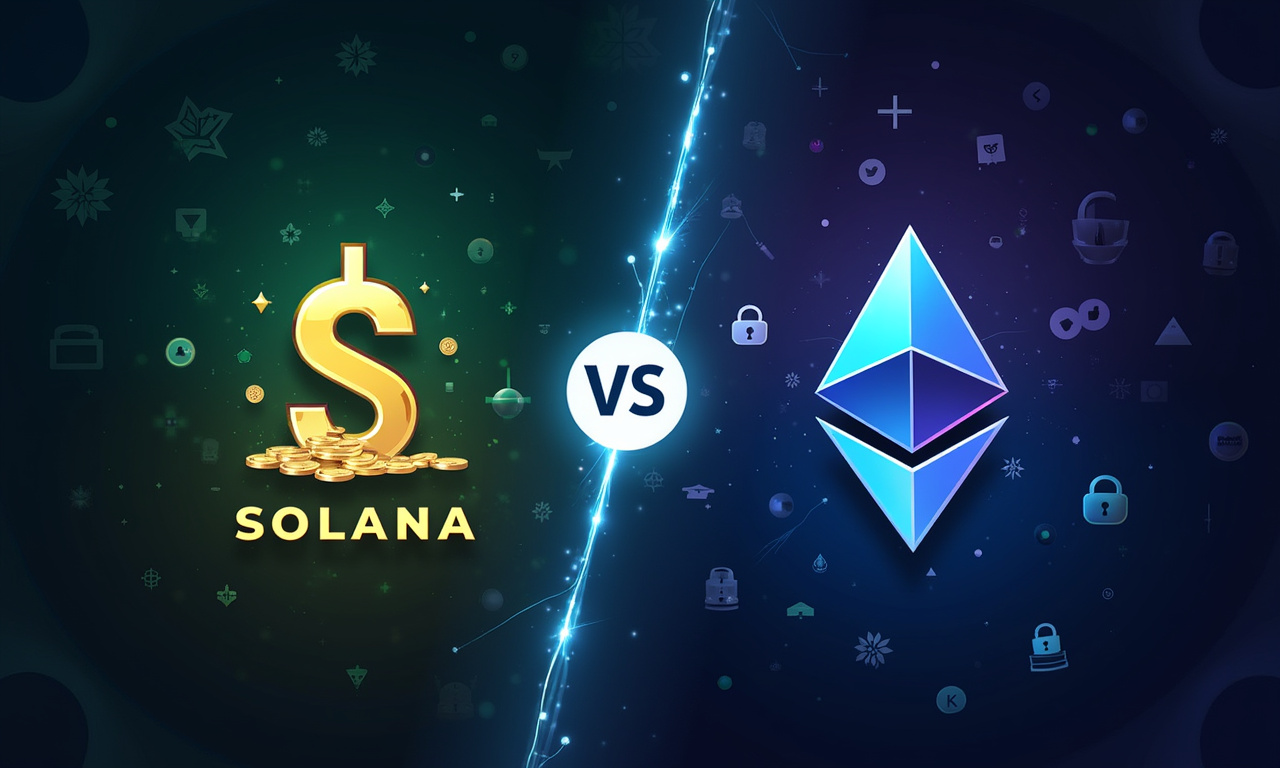
The Trezor phishing incident, while seemingly contained, throws a harsh spotlight on a fundamental flaw in the cryptocurrency ecosystem: our misplaced trust. We're so busy celebrating decentralization that we've overlooked the gaping security hole it creates. While the promise of “be your own bank” sounds liberating, what’s the reality once you turn out to be the most fragile hyperlink? The issue is what happens when trusting Trezor blindly is your undoing.
Decentralization's Dark Side: Security Risks
The hypocrisy is even more delicious than the patty melt. Crypto, which originated from a distrusting of centralized institutions, has, paradoxically, created an entirely new set of conditions that require trust. We trust the code, we trust the wallets, we trust…ourselves. But are we, you and I, the everyday consumer, truly capable of shouldering the burden of protecting our own digital riches?
The Trezor case perfectly illustrates this. Attackers were never required to hack Trezor’s core systems. Instead, they abused the support form and used Trezor’s strong brand to deceive innocent users. This isn’t only a Trezor issue — it’s a crypto issue. It’s the digital equivalent of someone counterfeiting a bank letter to abscond with your life savings. And because there’s no central authority, no FDIC insurance, recovering those stolen funds is usually a very frustrating exercise in futility.
Think about it: the very nature of decentralization makes recourse difficult, if not impossible. You cannot appeal to a central authority, there is no bank manager to beg. You're on your own. That's a terrifying prospect for many. One of Hypersphere’s investment partners lost three-fourths of his life savings. This tragic loss occurred, not because of some technical defect in the blockchain, but because he was a victim of an extremely well designed phishing email. First, caught up in a poorly designed scheme, a single victim suffered an estimated $2.6 million loss in stablecoins within a few hours. This is not just unfortunate, it’s a confidence crisis.
Are You Truly Your Own Bank?
We're told to "do your own research" (DYOR), but let's be honest: most people don't have the time, expertise, or inclination to audit complex code or dissect security protocols. We expect our security environment to be provided by trusted brands like Trezor. When that trust is abused, as we have seen in these cases, who do we trust?
Phishing tactics in general have gotten much more sophisticated, including instances specifically targeting TON and Bitcoin. This change is just the latest example of the continued cat-and-mouse dynamic between security and exploitation. CoinMarketCap compromised with malicious pop-ups. Cointelegraph getting its banner system hijacked. Because the security landscape is ever-changing, your average user just isn’t built to stay on top of that. Unfortunately, the “be your own bank” mantra becomes a cruel joke when that bank vault is equipped with a suspect lock. Beyond the hype, are we really more empowered—or simply more threatened?
Consider this: how many people actually understand the intricacies of seed phrases, private keys, and hardware wallet security? How many actively ensure that their recovery phrase is written down and stored securely offline? How many of them are able to search out a highly detailed phishing email crafted to look like a legitimate help request?
The Price of Freedom: Eternal Vigilance
Crypto's promise of financial freedom comes with a steep price: eternal vigilance. Vigilance alone isn't enough. We just need better tools, better education, and a more realistic understanding of the risks at play.
The Trezor attack should be a wake-up call. That’s an important reminder that security is far less about technology and more about changing human behavior. Therefore, we are easily played and easily duped, but most importantly, we believe what we see. Sadly, we accept far too many dangers lurking in the virtual gloom.
The future of cryptocurrency lies in working together to create a safer and more reputable ecosystem. That engagement needs to start with an honest discussion about the drawbacks of decentralization and a general acknowledgment that consumers want easier security without all the fuss. It does take changing one’s mindset, from complete faith to complete skepticism. It will take all of us, working together, to keep ourselves protected in an increasingly digital landscape. Together, we can safeguard one another from its increasingly harmful perils. Because at the end of the day, the Achilles’ heel of crypto isn’t the technology — it’s human beings.
- Never, ever share your seed phrase or private keys. Trezor is right: keep them private and offline.
- Be skeptical of unsolicited emails, even if they appear to be from trusted sources. Verify the sender's address and double-check the content.
- Use strong, unique passwords for all your accounts.
- Enable two-factor authentication (2FA) wherever possible.
- Consider using a hardware wallet for long-term storage. But remember, even hardware wallets aren't foolproof.
- Educate yourself about phishing and other scams. Knowledge is your best defense.
The future of cryptocurrency depends on building a more secure and trustworthy ecosystem. It requires a frank conversation about the limitations of decentralization and the need for more user-friendly security solutions. It requires a shift in mindset, from blind faith to informed skepticism. And it requires a collective effort to protect ourselves and each other from the ever-evolving threats of the digital world. Because ultimately, the Achilles' heel of crypto isn't the technology; it's us.

Tran Quoc Duy
Blockchain Editor
Tran Quoc Duy offers centrist, well-grounded blockchain analysis, focusing on practical risks and utility in cryptocurrency domains. His analytical depth and subtle humor bring a thoughtful, measured voice to staking and mining topics. In his spare time, he enjoys landscape painting and classic science fiction novels.








